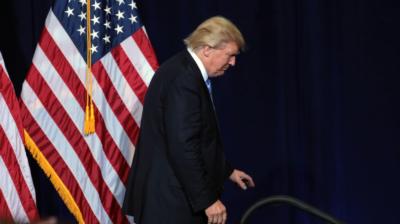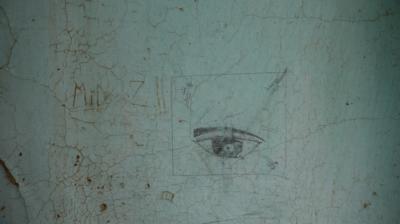Master's Thesis
| 2005
Islamism and Democracy: An Inquiry into the Political Thought of the Sudanese Islamist Hassan al-Turabi
Thesis Submitted in Partial Fulfilment of the Cand. Polit. Degree. Bergen: Department of Comparative Politics. University of Bergen 159 p.
My focus of analysis is Islamist democracy as conceived by the Sudanese Islamist Hassan al-Turabi. I aim to explore and understand Turabi's concept of democracy and study the roots of his thoughts politically and ideologically. I examine Turabi's Islamist democracy in light of Western democracy theory. Although Turabi prescribes an un-Western path to democracy, I find that he simultaneously draws on and selectively borrows from various Western democratic models. When investigating his notion of democracy, I pay particular attention to how Turabi defines the demos. I find that he includes women in the polity, while he excludes the non-Muslims from participating in the decision-making process. So although Turabi proclaims that "all are equal", it turns out that "some are more equal than other". Through a historical perspective, I look at the context from which Turabi's ideas were born. Turabi's democratic model attempts to solve fundamental problems which have challenged the Sudanese political system throughout independence. Turabi's Islamist democracy emerged as a reaction to the failed consolidation of Western democracy in Sudan. The inclusion of women came in response to the challenge posed by the Sudanese women's rights movement. By excluding non-Muslims, however, he is ultimately unsuccessful in rising to the challenge of the enduring and entrenched civil war. In alignment with his contemporaries within the northern Muslim hegemony, Turabi perceives non-Muslims as second class citizens. The recent peace-agreement signed the 9th of January 2005, reinvigorates the importance of discussing of democracy in Sudan. How can a democratic Sudan come about after ad infinitum being unsuccessful in consolidating democracy in the past? And after experiencing one of the bloodiest and long-lasting civil wars in contemporary history? The de facto Islamic state engineered by Turabi in Sudan was a political failure and reinforced the conflict. That he failed as a politician does not necessarily imply that he has failed as a thinker. It would thus be interesting to explore the feasibility of Turabi's ideal democratic model for Sudan. I find, however, that the consequences of Turabi's Islamist democracy when applied to the Sudanese multi-religious setting are rather undemocratic; civil war would become the new and old mantra of Sudan.
Liv Tønnessen
Director of Center on Law and Social Transformation and Senior Researcher




